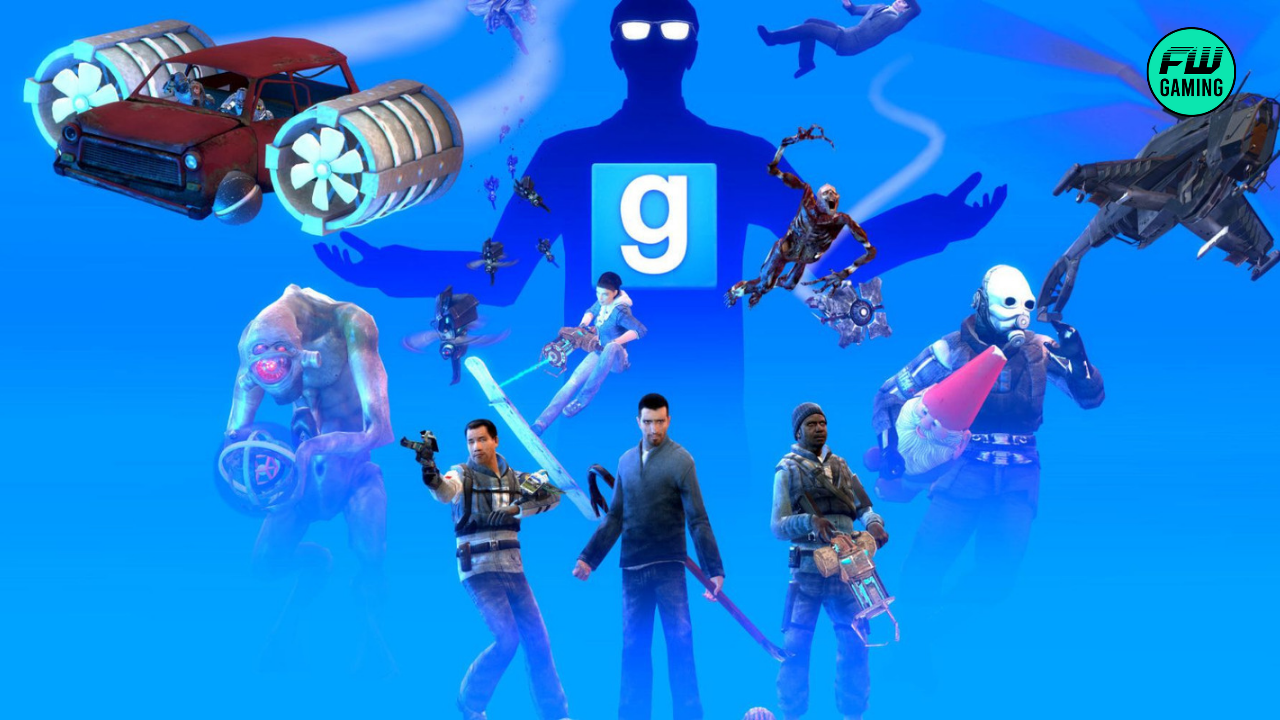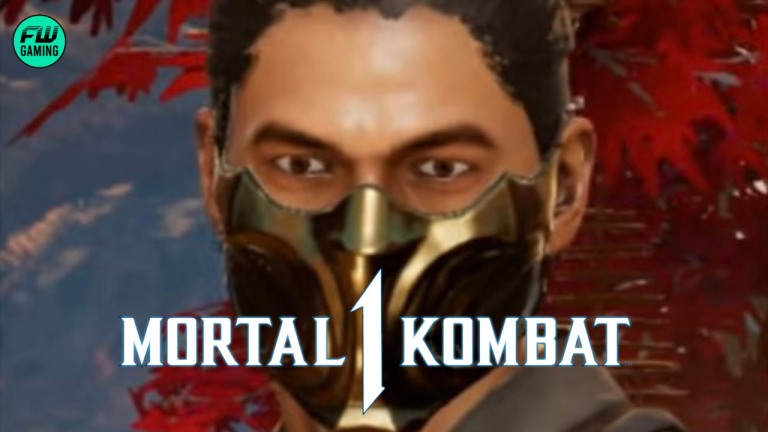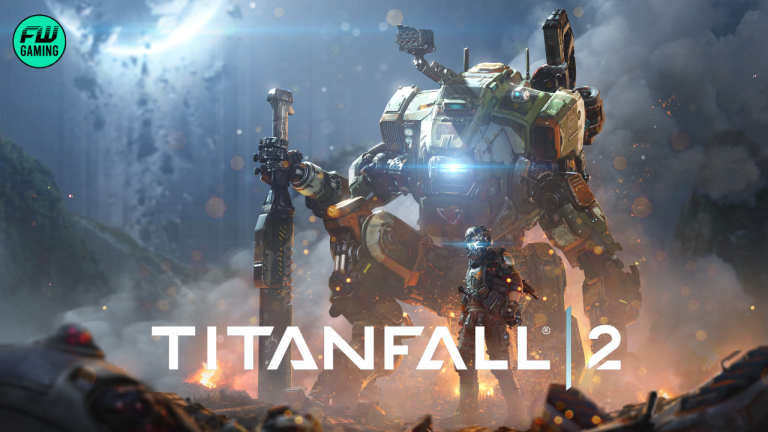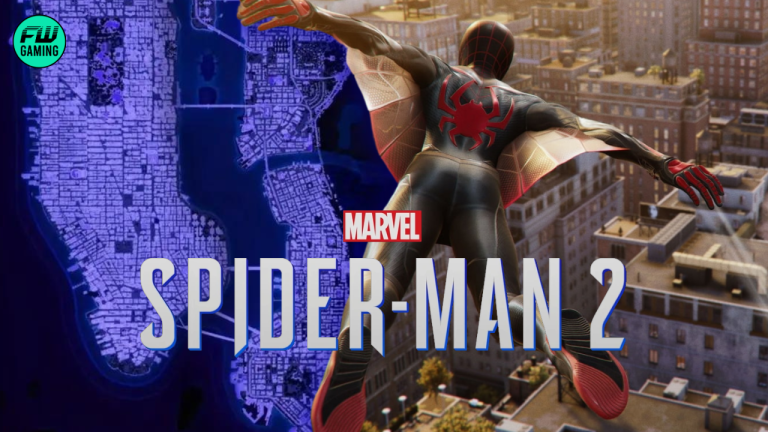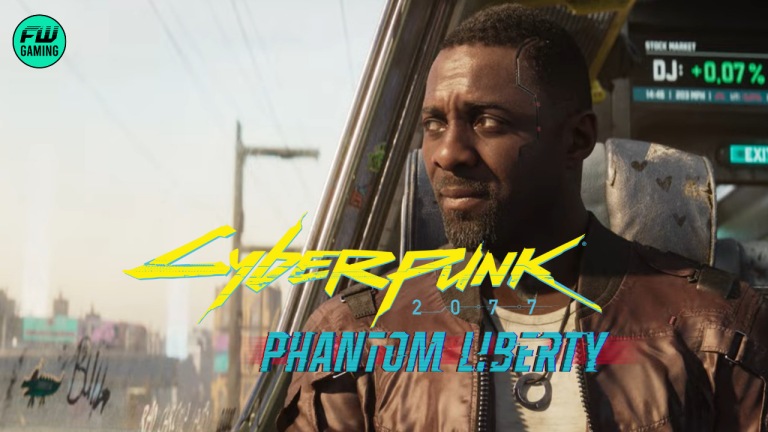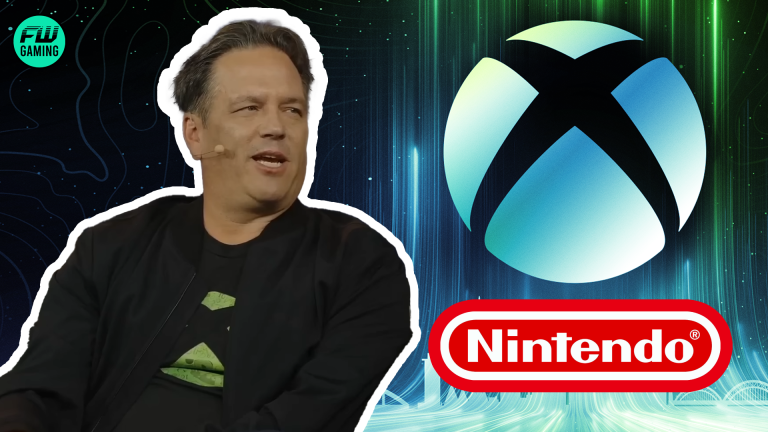The developer community has been taken aback by the news of Unity’s pricing system adjustments. These changes involve implementing charges based on the number of installations once certain thresholds are reached which is quite different, from their pricing structure.
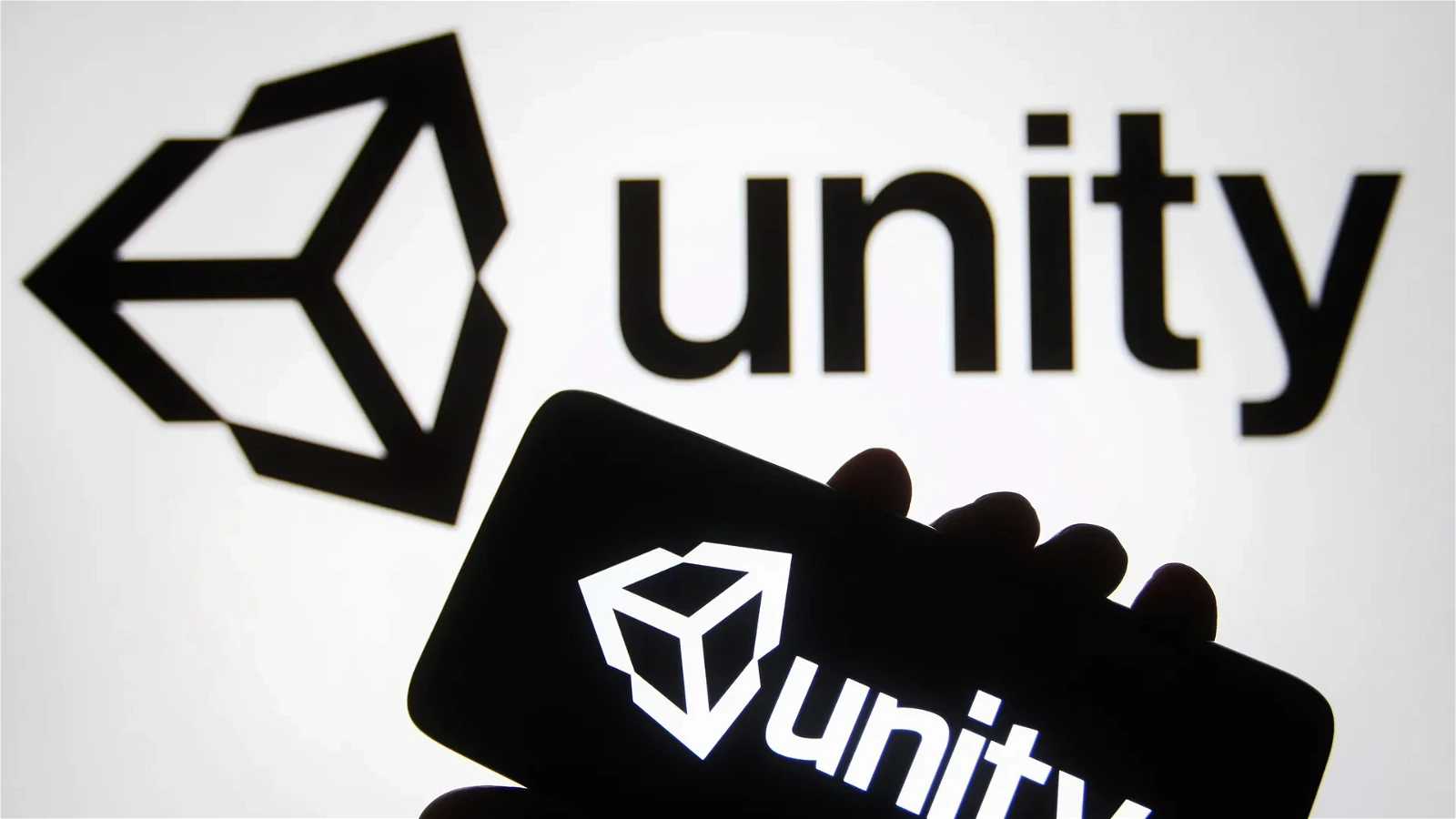
Tom Francis, a developer known for creating games like Heat Signature and with ties, to PC Gamer didn’t hold back in expressing his disapproval of this decision describing it as “an astonishing scumbag move.”
Unity’s Damage Control Efforts
In response to the widespread backlash and outcry from developers, Unity quickly shifted into damage control mode, making adjustments to their initially proposed pricing structure. One of the most contentious aspects was the multiple installs = multiple charges policy, which Unity reconsidered after a wave of criticism.
However, certain concerns remain, particularly when it comes to scenarios where a game is installed on multiple devices, such as a PC and Steam Deck, resulting in multiple charges for developers.
Garry Newman’s Critique
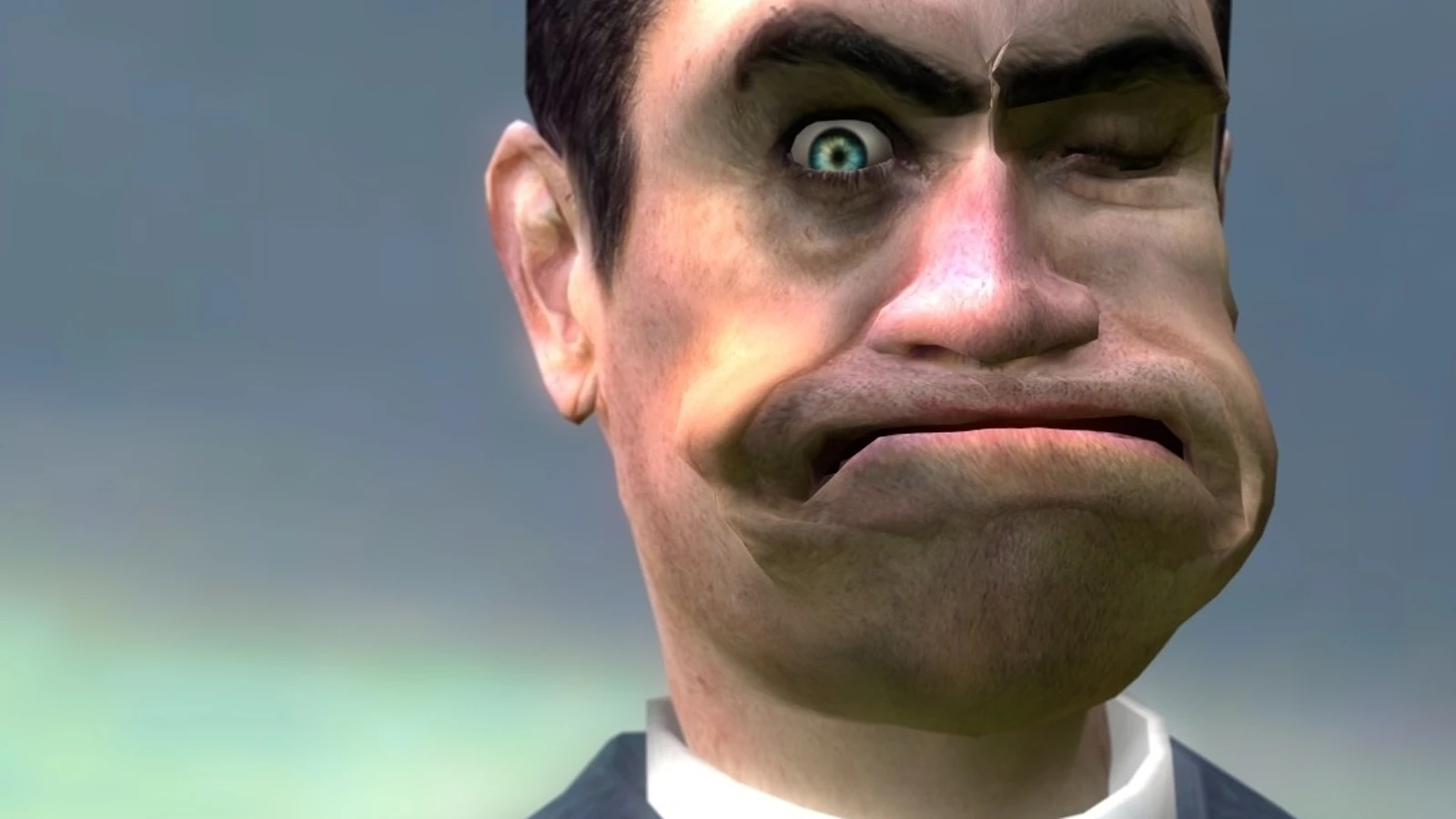
Among the vocal critics of these changes is Garry Newman, renowned for creating the popular Garry’s Mod. In his pointedly titled blog post,
“Unity can get fucked,” Newman provides a concise summary of Unity’s announcement and highlights the various criticisms leveled against it.
He raises pertinent questions about the underlying rationale behind these changes, suggesting that they might make more sense if Unity were primarily catering to the mobile game development market. Newman emphasizes that his outrage is not solely about the financial impact but the lack of prior notice and the absence of meaningful developer input.
Also Read: Starfield Developer Sees the Funny Side of Fans Requesting PlayStation Keys for Xbox’s Hit Game
Facepunch Studios, his game development studio, invested a decade in building Rust on the Unity engine, consistently paying licensing fees. Now, Unity’s abrupt rule changes have severely eroded trust within the developer community. To drive home his point, Newman draws a provocative parallel with Adobe, hypothetically charging Photoshop users per image view, applied retroactively and invoiced monthly.
He humorously adds a note of caution, hoping his analogy doesn’t inadvertently inspire Adobe. The prevailing sentiment among developers is that trust in Unity has been significantly damaged. Many developers express regret for not heeding earlier warnings and call for unity among game companies to avoid repeating such mistakes in the future.
Newman concludes his blog post with a bombshell announcement: “Rust 2 definitely won’t be a Unity game.” His firm stance echoes the sentiments expressed by many developers, especially their dissatisfaction with the retroactive implementation of the new pricing structure.
Unity’s Clarifications
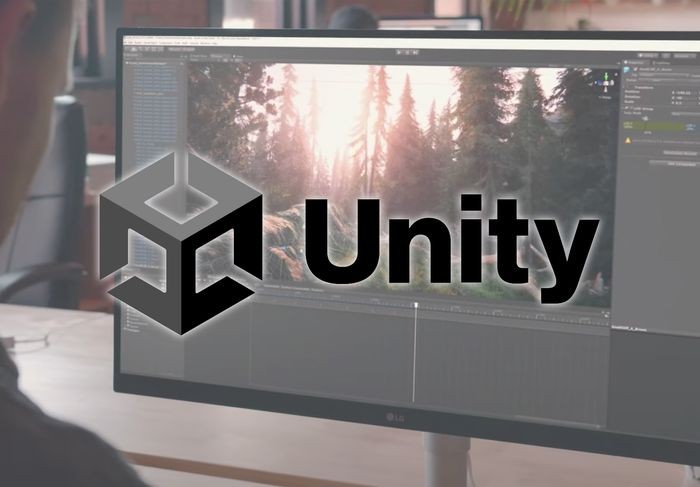
While Unity’s widespread use and versatility, particularly in the realm of mobile platforms, are expected to retain many users, a line has undoubtedly been drawn in the sand. The fallout from this pricing overhaul could potentially see Unity lose some of its most prominent users, and not positively.
Furthermore, Unity has issued clarifications regarding the per-install charging system to address some concerns raised by developers:
- If a player deletes a game and re-installs it, this action counts as two installs, resulting in two charges for developers.
- The same principle applies when a player installs the game on two separate devices, multiplying the charges for developers.
- Notably, Unity has exempted charity games and bundles from these fees, a gesture that aims to alleviate some concerns within the developer community.
Unity’s pricing changes, introducing per-install charges, have stirred controversy among developers. Despite adjustments, concerns persist about multiple charges for multi-device installations, leading to trust issues. Some developers, like Garry Newman, plan to shift away from Unity. While charity games are exempt, the long-term impact is uncertain.
Unity must work to regain developer trust, and the industry closely monitors these changes. Share your thoughts on comments about these developments and stay updated with FandomWire for more insights.
Source: PC GAMER
Follow us for more entertainment coverage on Facebook, Twitter, Instagram, and YouTube.

